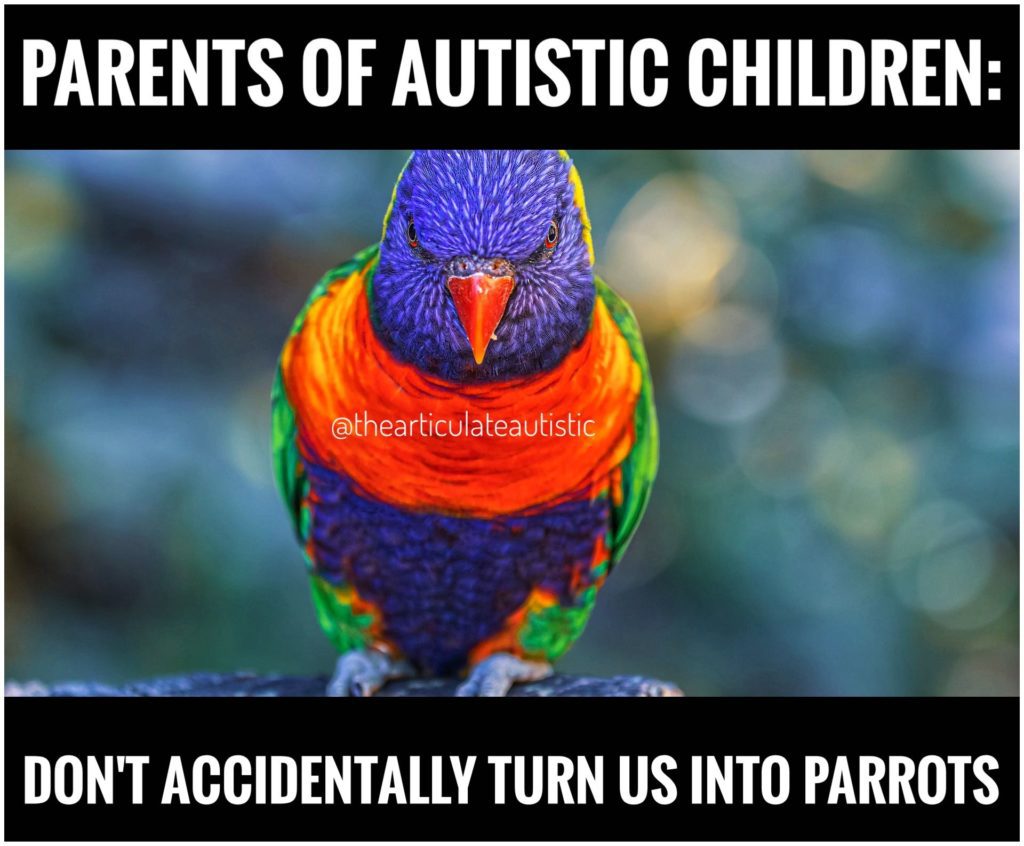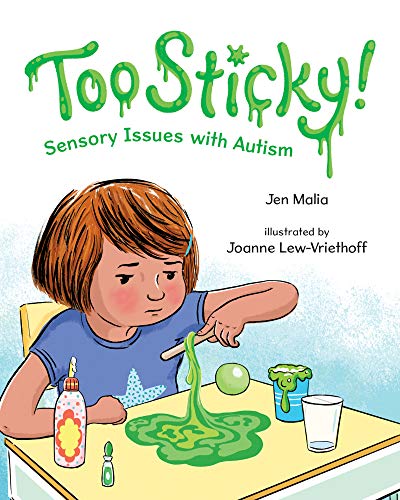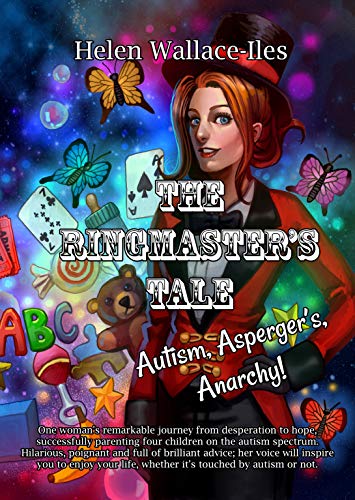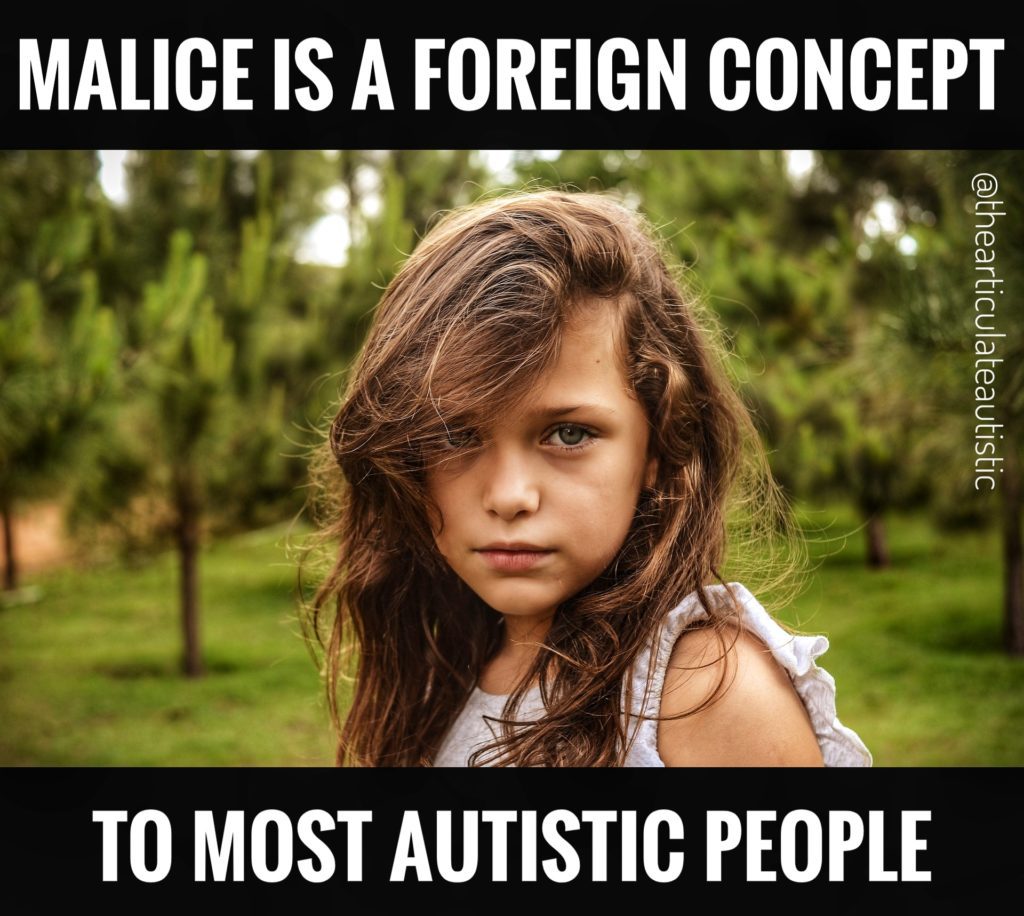Parents of Autistic Children: Don’t Accidentally Turn Us Into Parrots (The Extreme Importance of Context)

In keeping with our theme of the week, let’s talk (again) about why being very specific and explaining the “why” of things is so very important when it comes to teaching autistic children neurotypical social skills.
One of the comments that really stood out to me on yesterday’s post was one where someone said that they (autistic) tended to make listening noises because that’s how they were taught but used them in the wrong context and still got on people’s nerves.
Another comment was from a frustrated neurotypical person who said that the neurodivergent person in their life seemed to make these noises in the wrong place or sometimes before they had even finished a sentence.
THIS, right here, is why context and detail is SO important.
If a neurotypical person is teaching neurotypical social skills to a neurodivergent child, it won’t work to just say, “When someone is talking to you, say “Oh”, “OK”, “Hmmm”, etc. because that’s what’s polite.”
What you’re doing there is turning someone into a parrot. They’ll be able to repeat the words and phrasing but they won’t know WHY they are doing it any more than our ticked-off feathered friend in the photo.
– Jaime A. Heidel
(Article continues below.)
The best way to improve communication with your autistic loved one is to understand how your autistic loved one’s mind works! Intentions, motivations, and personal expressions (facial expressions or lack thereof, body language, etc.), are often quite different in autistic people than they are in neurotypical people.
Experience a better understanding of your autistic loved one by reading books about life from an autistic perspective as well as stories that feature autistic characters. You’ll have so many “Ah ha!” moments and start seeing your autistic loved one in a different light (and you’ll have a better understanding of their behaviors, which you may have been misinterpreting up until now).
Books I recommend for a better understanding of your autistic loved one:
Which is how you end up with conversations like this:
Neurotypical wife: “I had a really bad-“
Autistic husband: “I see.”
NT wife: -“day at work today because-“
ND husband: “OK.”
NT wife: -“my boss lost her father, and she’s been out for 3 days, and I’ve had to pick up the slack by doing-“
ND husband: “Hmmm…”
NT wife: “all of her work for-“
ND husband: “Ahhhhhh.”
NT wife: 🤦♀️ *facepalm*
OK, before all the NDs get mad at me, I KNOW that’s an extreme example, but do you see what I mean?
It’s not enough to just tell an autistic child (or any child, really) that they should say or do a thing but WHY. What is the meaning behind this action?
Because, some of us learning this stuff in our 30s, 40s, 50s, and beyond, but if we hadn’t been told to just say a thing without a reasoning behind it, we wouldn’t be a bunch off “angry birds” flying around wondering why when we do exactly what we were taught to do, we are STILL getting it wrong!
Follow me on Instagram.
Want downloadable, PDF-format copies of these blog posts to print and use with your loved ones or small class? Click here to become a Patreon supporter!












